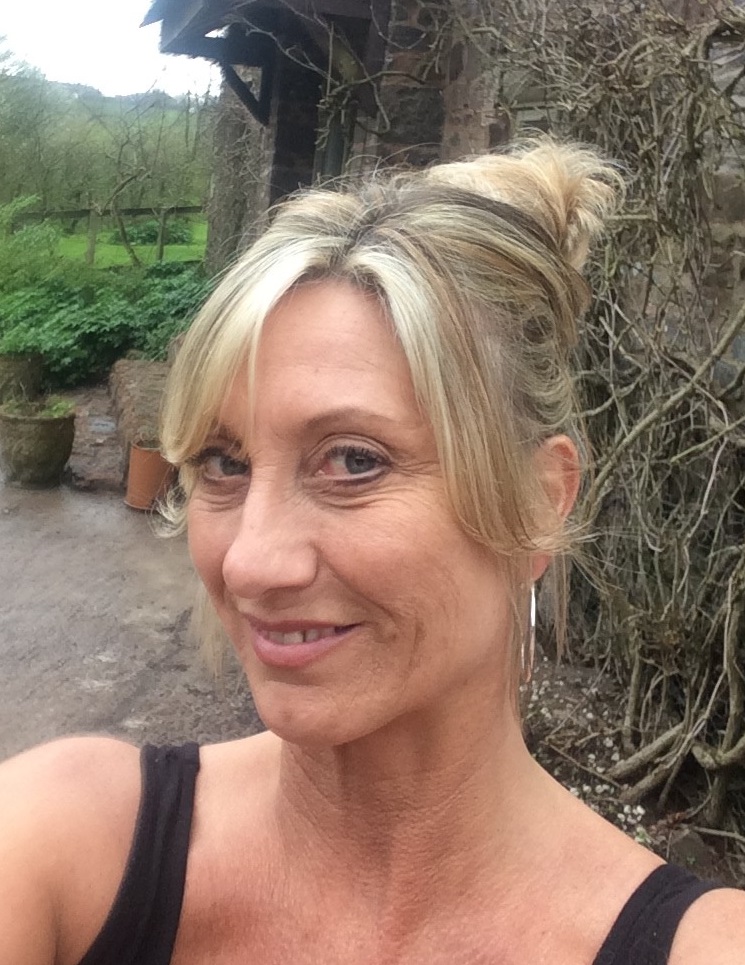World Cancer Day – I AM a cancer thriver and I WILL do my best!
On World Cancer Day – a day that unites people, communities and entire countries to raise awareness and take action – CanTest PPI representative Sharon Cooper shares why and how she’s involved in early diagnosis research.
 In March 2016, just months before my 50th birthday, I heard those words you never want to hear; “I’m sorry Sharon but you have cancer”. I was quickly diagnosed with a very aggressive, rarer type of breast cancer called ‘triple negative’. Fortunately, I was lucky, it was caught early and hadn’t spread. Chemo, surgery and radiotherapy followed, ending in December of that year.
In March 2016, just months before my 50th birthday, I heard those words you never want to hear; “I’m sorry Sharon but you have cancer”. I was quickly diagnosed with a very aggressive, rarer type of breast cancer called ‘triple negative’. Fortunately, I was lucky, it was caught early and hadn’t spread. Chemo, surgery and radiotherapy followed, ending in December of that year.
Many members of my close family have also experienced cancer over recent years including colon, stomach, bladder and kidney cancer, all of which were diagnosed early and treated successfully. However, in 1982 my beloved 13 year old sister died of a rare form of nasopharyngeal cancer, which took an agonising four and a half months to diagnose. It was because of this, I knew that someday, somehow, I wanted to be involved in trying to find ways of diagnosing cancer as early as possible. Little did I know that my own cancer experience would eventually make this possible.
About a year before my cancer diagnosis, I joined the Peninsula Public Involvement Group (PenPIG) at the University of Exeter’s College of Medicine and Health, and worked with researchers in the areas of mental health and chronic health conditions.
When the Exeter CanTest team contacted PenPIG during the summer of 2017 to ask if they had any members who would like to support their work, my name was put forward. I met Prof Willie Hamilton, CanTest Director of Research, and was excited to hear about the programme and how its work aims to help doctors detect and diagnose cancer more easily – meaning that patients receive a faster diagnosis, wait less time for results and have potentially lifesaving treatment more quickly.
Since joining the CanTest PPI Group, I have been involved in the development of a research grant looking at the early diagnosis of cancer in people with existing medical conditions, I have reviewed and made clearer patient instruction leaflets for FITs (Faecal Immunochemical Tests), and more recently I have been helping researchers set up a new trial to see if the use of decision support tools by GPs can reduce the time taken to test for and diagnose cancer.
For obvious reasons, I would love to be involved in research looking to improve nasopharyngeal cancer diagnosis and treatment, and also the much needed development of targeted therapies for triple negative breast cancer, of which there are currently no or very limited options. Until my diagnosis, I had no idea this type of breast cancer existed – it occurs in about 15% of diagnosed breast cancers and can be more aggressive and difficult to treat, making early diagnosis key.
So far I am lucky, whatever happens, the rest of my life will be the best of my life. I hope to engage in as much PPI as I can to help reduce the impact of cancer for myself, the people that I love (and have lost), and help try to save lives across the world with the amazing CanTest team.
I AM a cancer thriver and I WILL do my best!
Find out more about the Union for International Cancer Control’s (UICC) World Cancer Day initiative by visiting their website.


